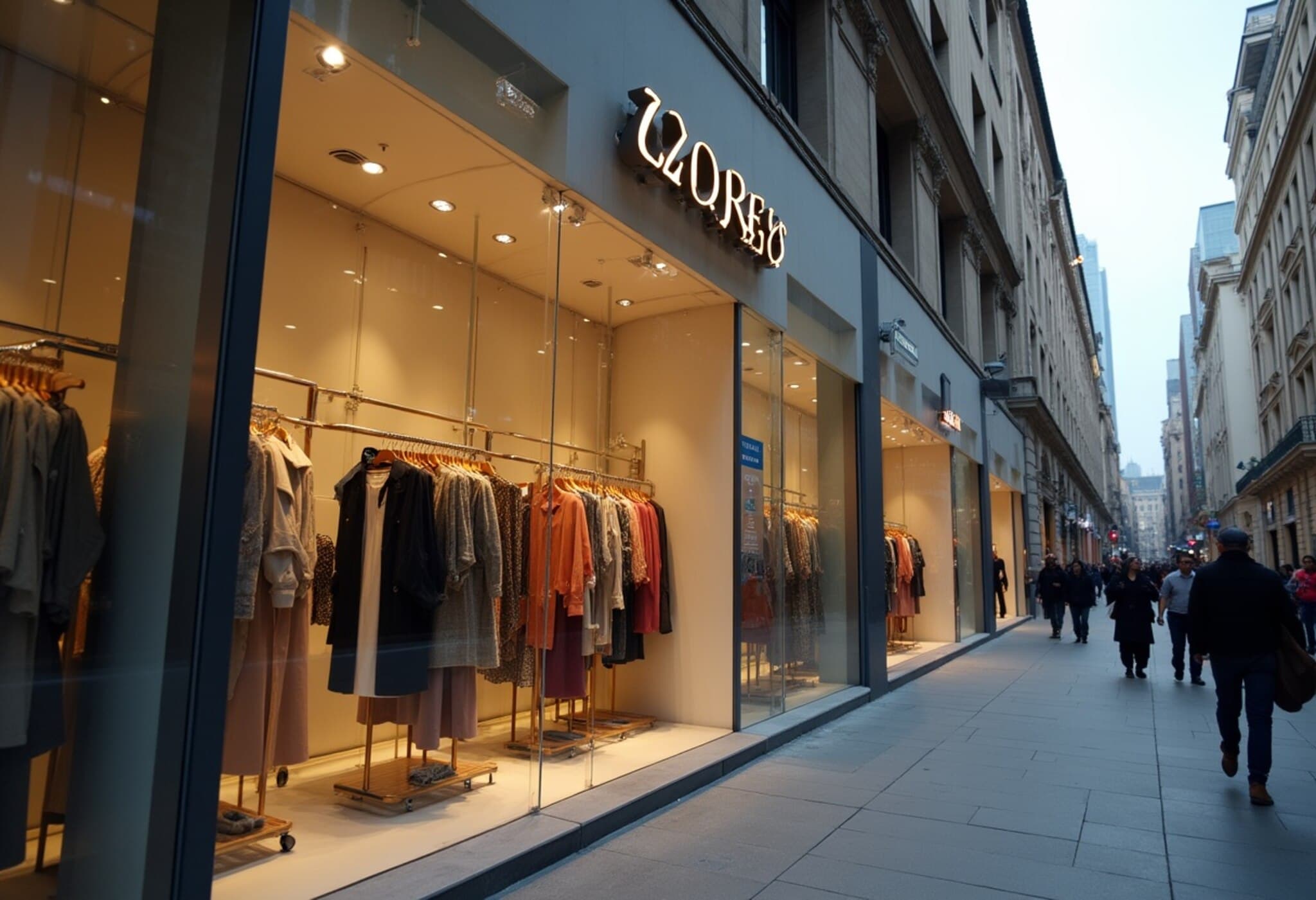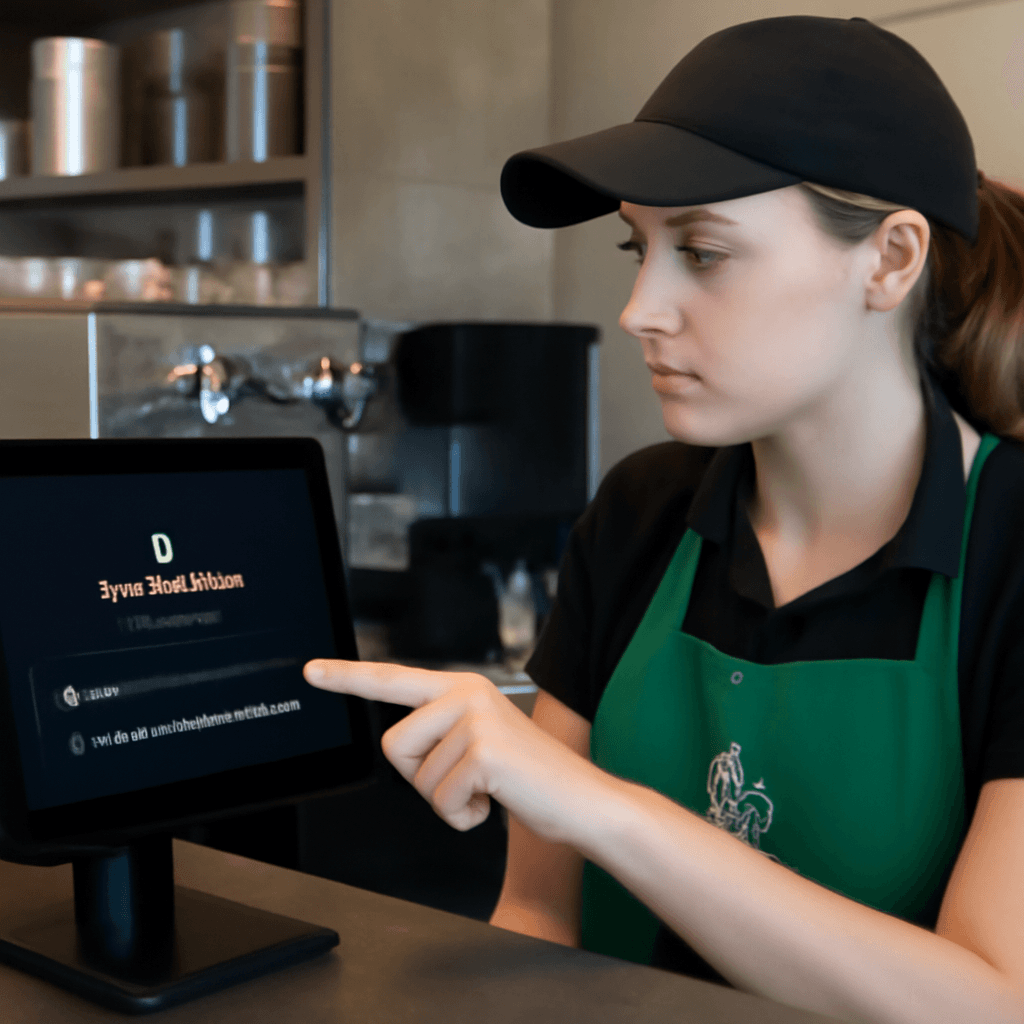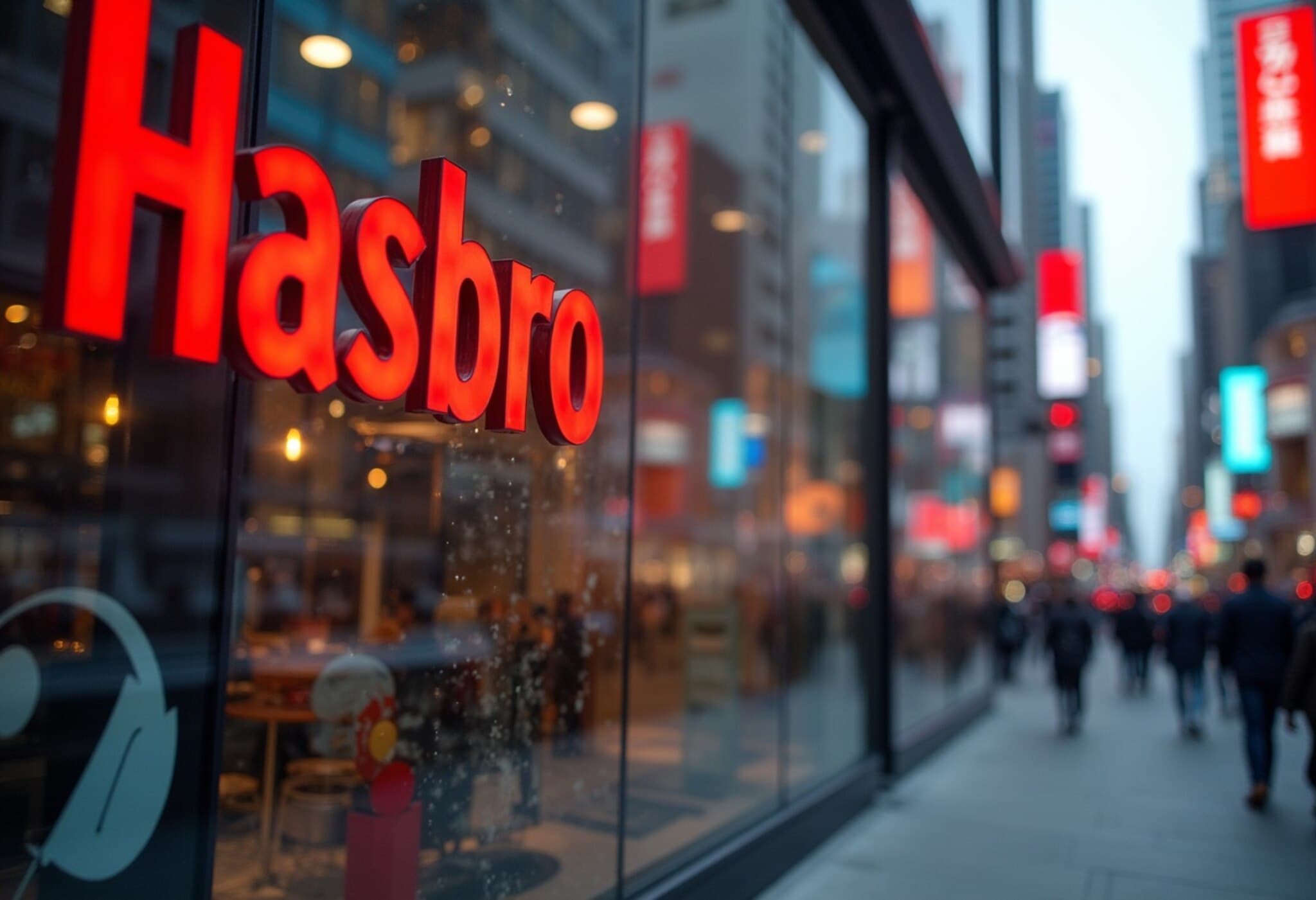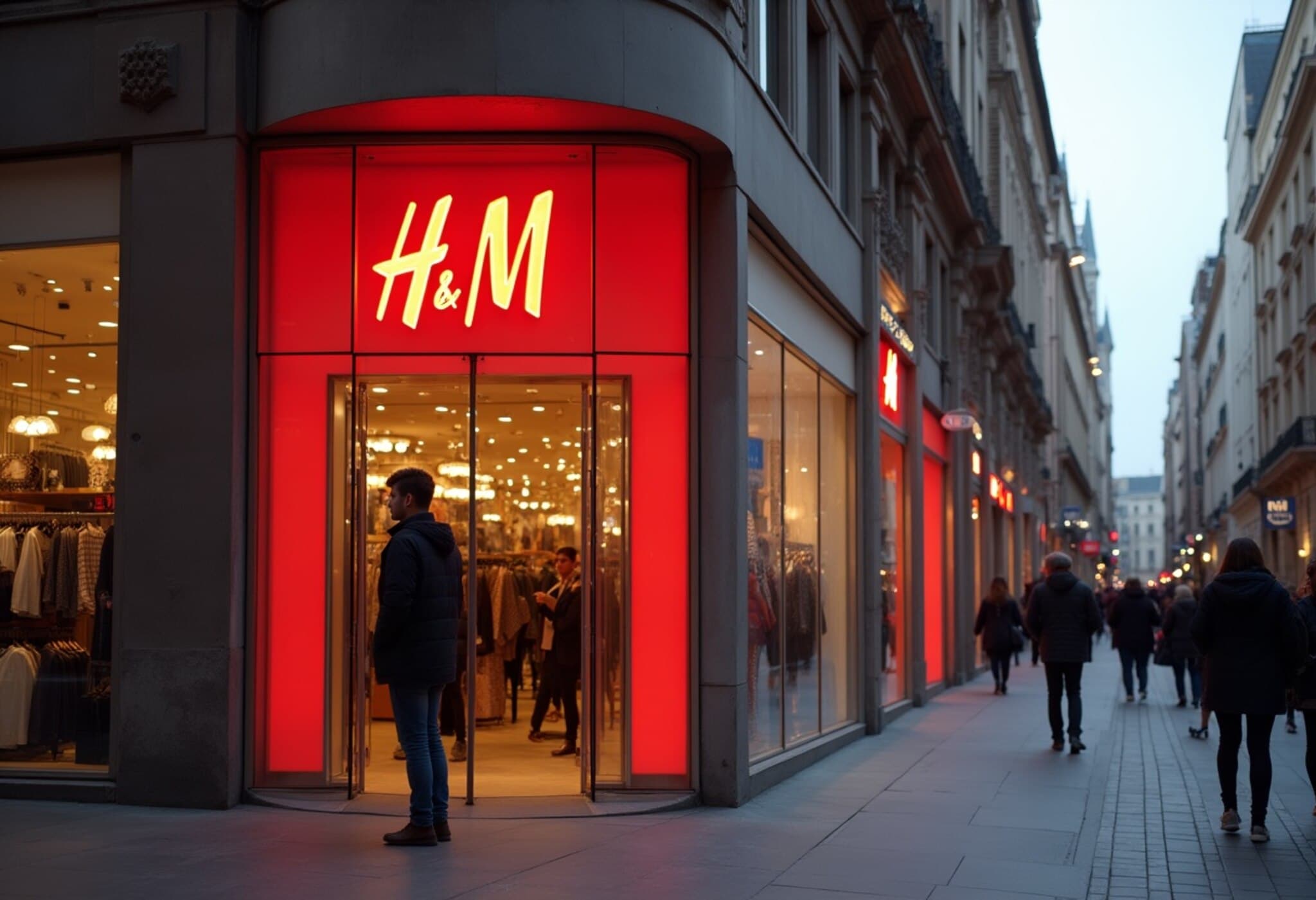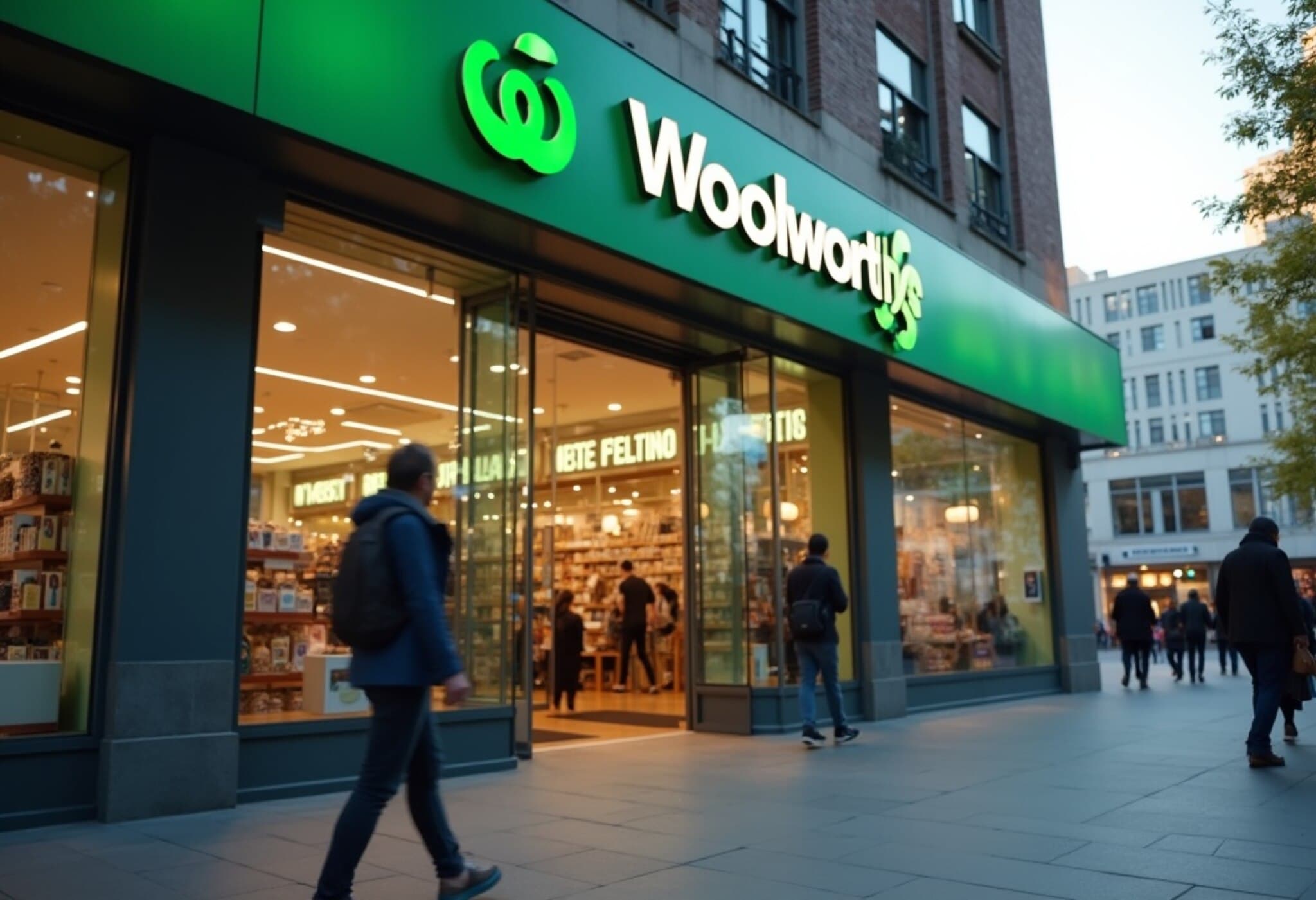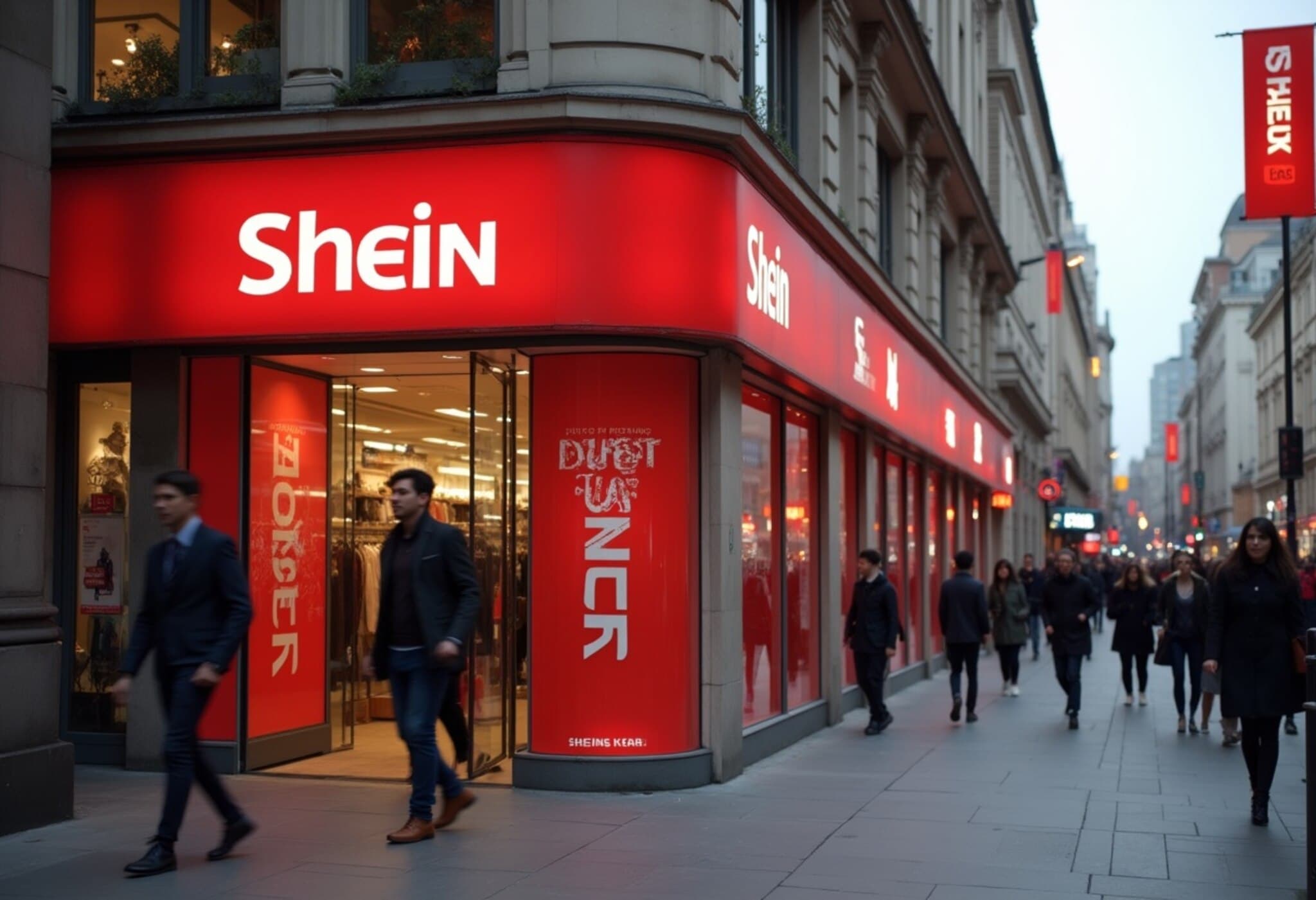Inditex Faces Tepid Start to 2025 with Slower Sales
Spanish retail giant Inditex, the parent company of Zara, announced lower-than-expected sales for the first quarter of 2025, signaling a subdued beginning to the summer shopping season compared to the previous year. The company posted revenues of €8.27 billion ($9.44 billion) from February 1 to April 30, slightly missing analyst forecasts of €8.39 billion.
Quarterly Earnings and Market Reaction
Net income for the quarter stood at €1.3 billion, just shy of the predicted €1.32 billion. Following the announcement, Inditex shares dropped over 6% in early trading on the London Stock Exchange, reflecting investor concerns over the company’s growth trajectory amidst ongoing economic uncertainties.
Summer Sales Growth Slows Down
Highlighting further challenges, Inditex reported that summer sales growth from May 1 to June 9 rose by only 6% at constant currency rates, a marked slowdown from last year’s 12% increase during the same period. This cooling momentum hints at softer consumer demand as global economic factors weigh heavily on purchasing behavior.
Contributing Factors: Tariffs and Consumer Sentiment
Back in March, Inditex had already signaled a weakened demand at the start of 2025, with CEO Óscar García Maceiras pinpointing uncertainties surrounding U.S. tariffs as a significant factor disrupting market confidence. These trade-related concerns appear to continue shaping consumer spending patterns and supply chain dynamics.
Inditex’s Position in the Retail Landscape
Despite these hurdles, Inditex remains a key industry indicator for consumer sentiment, operating several popular brands including Pull & Bear, Bershka, and Massimo Dutti. The company had recorded robust sales of €11.21 billion in the fourth quarter, meeting market expectations, even after facing disruptions such as flooding in Spain that impacted sales during the previous quarter.
Competition Heating Up
Inditex continues to outperform some rivals, notably a leading Swedish fashion chain that reported disappointing fiscal results earlier in the year. However, it faces mounting pressure from low-cost fast fashion entrants like China-based Shein and Temu, which aggressively target budget-conscious consumers with rapid product cycles and competitive prices.
Looking Ahead
As Inditex navigates a complex retail environment marked by trade uncertainties and shifting consumer preferences, the coming quarters will be critical in determining how well the company adapts to evolving market conditions and maintains its global leadership in fast fashion.

